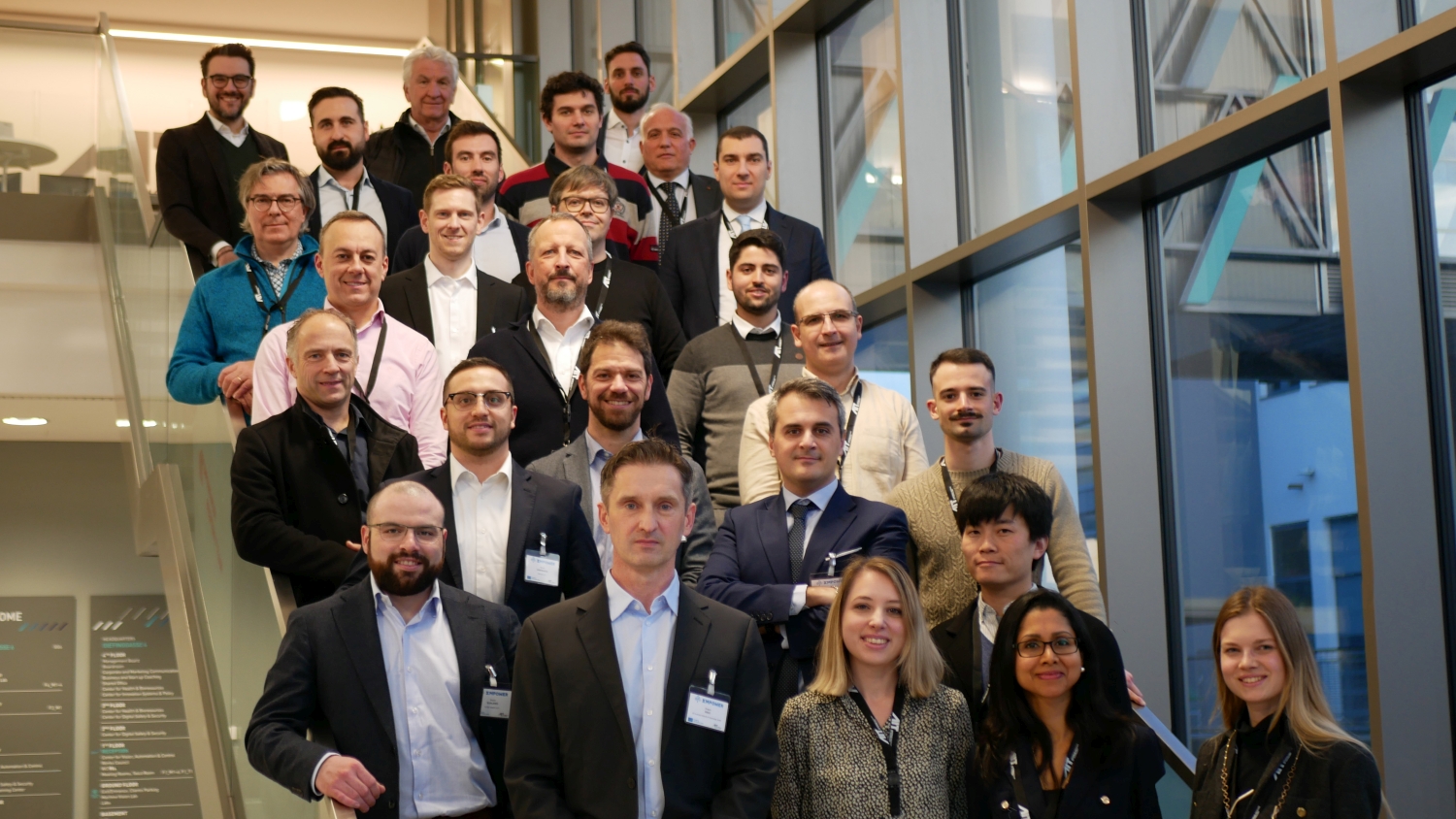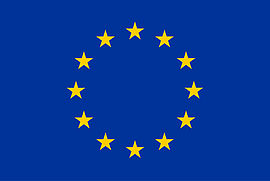The European research project EMPOWER (long title: Eco-operated, Modular, highly efficient, and flexible multi-POWERtrain for long-haul heavy-duty vehicles) was recently launched. Over the next few years, the AIT Austrian Institute of Technology will be conducting research in a top-class consortium to develop two flexible, modular and scalable emission-free heavy-duty vehicles with a total weight of 40 tonnes or more. Both vehicles have an electric drive train. While one vehicle's electrical energy is generated by a fuel cell system that allows a range of 750 km, the other is powered solely by a battery that provides a range of 400 km.
The kick-off meeting recently took place at the AIT headquarters in Vienna, attended by representatives of the 14 project partners.
Within its technical activities, EMPOWER will design, implement, and deliver the following technology bricks:
- (1) a modular vehicle system architecture, (2) a modular high voltage architecture, (3) a modular low-voltage E/E architecture, (4) a fuel cell system with high reliability, extended operational lifetime and a modular energy storage, (5) a highly efficient e-drive axle, (6) an optimised thermal and energy management, (7) an optimised heating, ventilation and air conditioning system featuring CO2 as refrigerant and infrared heating panels, (8) an electrified distributed braking system, (9) digital twin models of the demonstrators, (10) an innovative Human Vehicle Interface for optimised control of the vehicle systems, featuring Vehicle-to-Grid communication and eco-routing, (11) a fleet management system for the integration of zero-emission heavy-duty vehicles into the fleet, (12) an overall life cycle analysis and total cost of operation assessment, and (13) the operation of a green hydrogen infrastructure for these vehicles,
- demonstrate the driving range and real-world operation performance of the two zero-emission heavy-duty vehicles in five different long-haul and regional distribution use-cases, including cross-border corridors between different European member states.
(c) IVECO
The AIT is responsible for the following tasks within the framework of the project:
- Overall project management (total volume approx. € 18 million)
- Digital Twin Models: Development of an overall simulation together with the partners for the simulative design and impact assessment of the measures to be implemented
- Implementation of an efficient thermal management system by integrating the most important components of the truck like fuel cell, battery, power electronics, electric machine and heating, ventilation and air conditioning system
- Implementation of a new heating, ventilation and air conditioning system: The planned air conditioning concept uses heat of the cabin waste air to either pre-cool or pre-heat the freshly supplied air. The additional integration of infrared panels is expected to reduce the energy demand for heating/cooling by up to 70% (especially at transition temperatures around +10 °C)
Project manager Dragan Simic: "Within the framework of EMPOWER, we aim to make a significant contribution to environmentally friendly, climate-friendly long-distance transport and sustainable logistics. The two trucks we are developing are intended to enable the sustainable transport of goods by road, complementary to other modes of transport such as rail or water."
Project partners
Istituto per Innovazioni Tecnologiche Bolzano S.c.a.r.l.
Funding Frame:
Horizon Europe HORIZON-CL5-2022-D5-01-08: Modular multi-powertrain zero-emission systems for HDV (BEV and FCEV) for efficient and economic operation (2ZERO)






